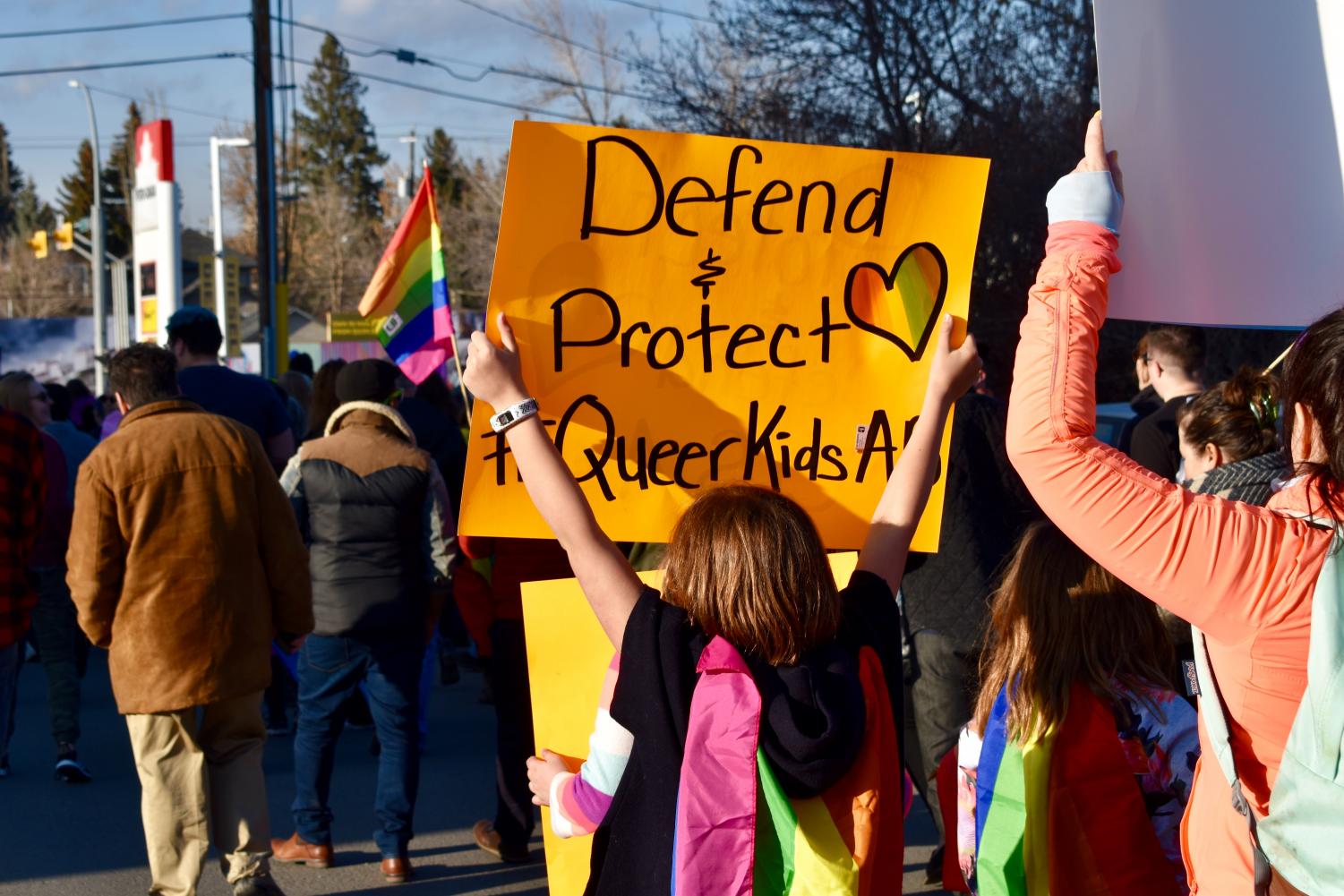Religious institutions across the country are awaiting the Senate vote on H.R.5 – the Equality Act. Amending the Civil Rights Act of 1964, the Equality Act defines and includes sex, sexual orientation and gender indentity as categories protected from discrimination or segregation. As a religious university with a stance on homosexuality, Biola would be directly affected by the passing of this legislation.
LEGAL IMPLICATIONS
University of California Los Angeles School of Law graduate Charlie Linehan believes if Biola continued to discriminate based on sex, sexual orientation or gender identity, Title VI would discontinue federal funding. This means that Biola students would be prohibited from using their Federal Student Aid for tuition expenses.
It is Linehan’s legal opinion that this legislation would be upheld by the Supreme Court if Biola attempted to appeal.
“No, it’s not a violation of your free exercise to have your federal funding cut off because of discrimination,” Linehan said. “You can still practice your religion, it doesn’t mean the federal government has to fund it.”
A CULTURAL CROSSROADS
Though Biola may feel the impact of this legislation, the Equality Act itself was not a surprise, according to associate professor of political science Scott Waller. Biola has been preparing for legislative change, Waller explained.
“I serve on a Religious Freedom Task Force advising President Barry Corey, and we’ve been talking about the Equality Act for a long time,” Waller said.
Waller explained that these amendments are indicative of a cultural disagreement beginning to reach its peak. He notes the growing battle between newfound sexual liberties and religious liberties, arguing that sexual liberty is often the victor.
“What we’re seeing is a clash of civilizations, a clash of two incompatible world views. They want religious freedom to be viewed as discrimination. It’s fine if they think that, but the Equality Act gives it legal sanction,” Waller said.
BIOLA’S INTERNAL DIVIDE
A member of the LGBTQ community, junior theatre major Micah Johnson perceives the Equality Act as an opportunity for reflection and correction.
As a gay Christian man who also relies on federal scholarships to attend Biola, Johnson understands the multi-layered moral dilemma that the Equality Act presents.
“I struggle on both sides. As a religious person I wouldn’t want the government dictating what I can and can’t do, but politically I think it’s important for everyone to have the same opportunity,” Johnson said. “It’s not fair to discriminate based on something a person didn’t get to choose. I would say it’s a flaw in the bill to press a financial burden on students, but it’s also a financial and moral flaw for Biola if they choose to not uphold the Equality Act.”
Johnson’s call for Biola’s moral reform comes from his exploration of sexuality and religion. Amidst his learning and research, Johnson holds tight to the greatest commandment – love God and love others. Everyone was made in God’s image, he explained, so they should all be made to feel that way too.
“I don’t want to say [Biola’s stance] is oppressing, but I do think it is. It’s stopping me from being the person God wanted me to be,” Johnson said.
Johnson hopes that the legislation will open more minds to the concept of a queer Christian. Though an advocate for the Equality Act, he recognizes the potential for negative implications its passing may foster.
“Within the community of those who support this act we will grow stronger, but unfortunately I do know that there are people who are against the idea of equality,” Johnson said. “People opposed will also grow stronger in their separate circles until there’s a distinct rift. It could lead to a really uncomfortable state of what do we do now?”











